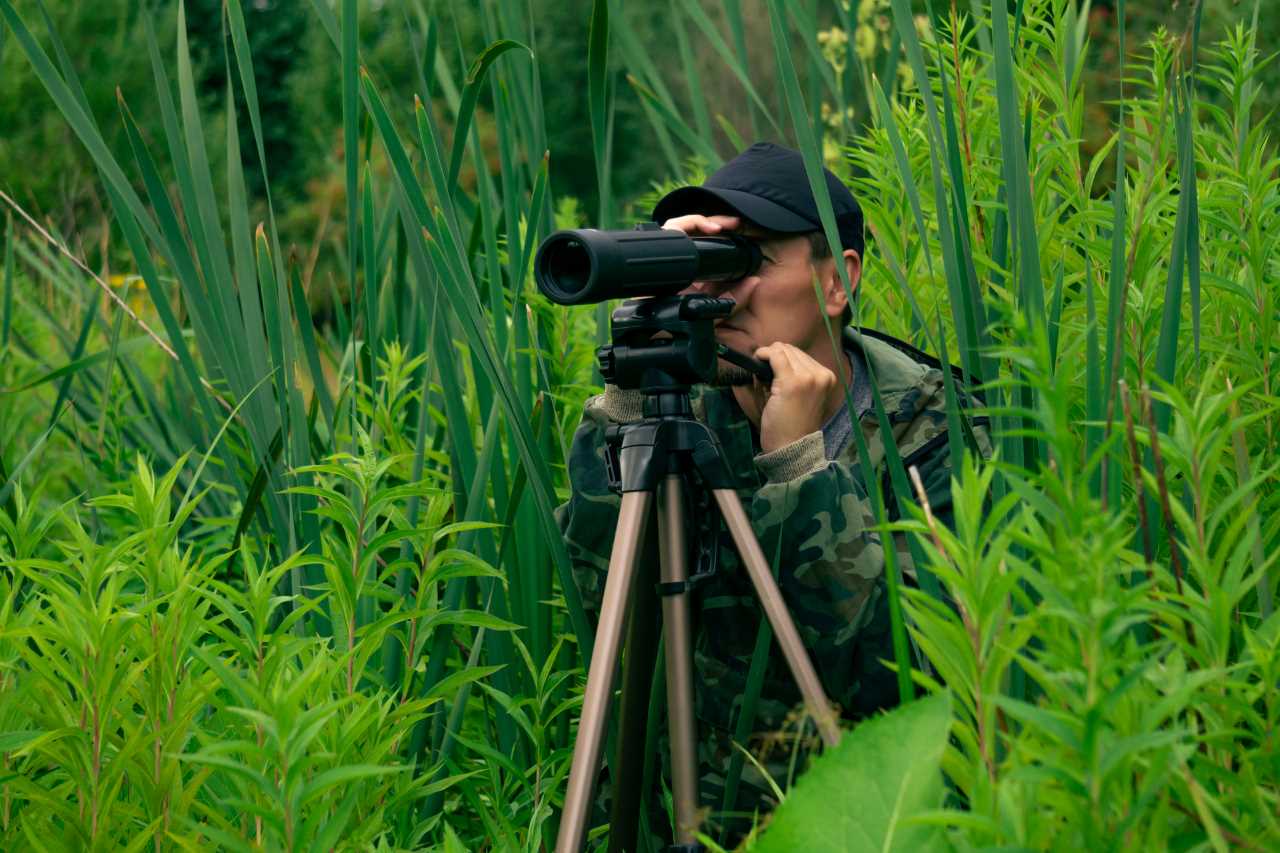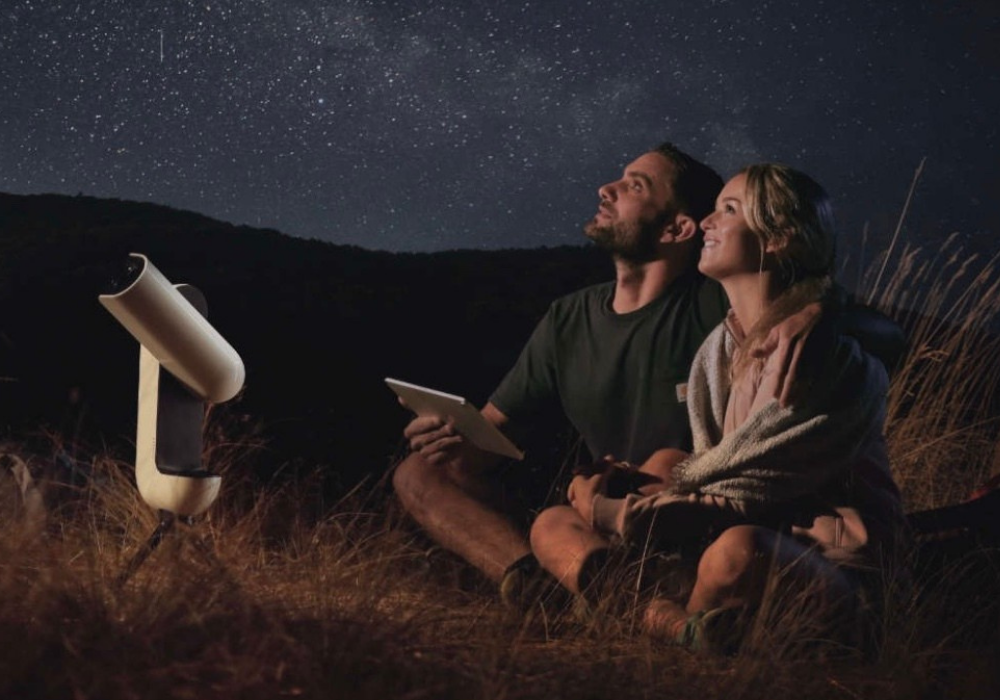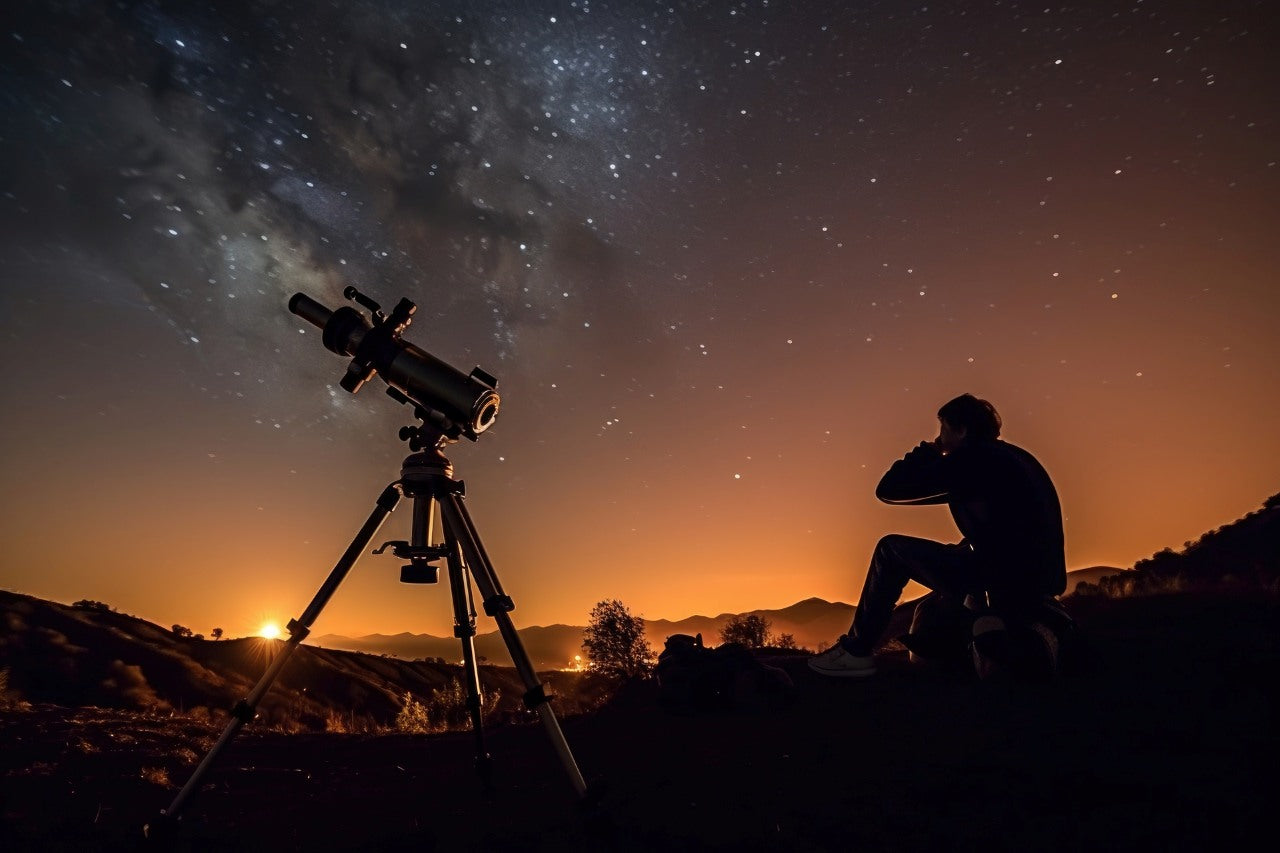These guys managed to send me by next day delivery with the much in demand dwarf 3, I couldn't be more grateful, thanks so much guys, I will be looking here first for what I need.
Shout out for James
I was able after a short time to get it connected and to photograph the moon and I’m very pleased with the result. It is quite a steep learning curve but seems a great piece of kit











